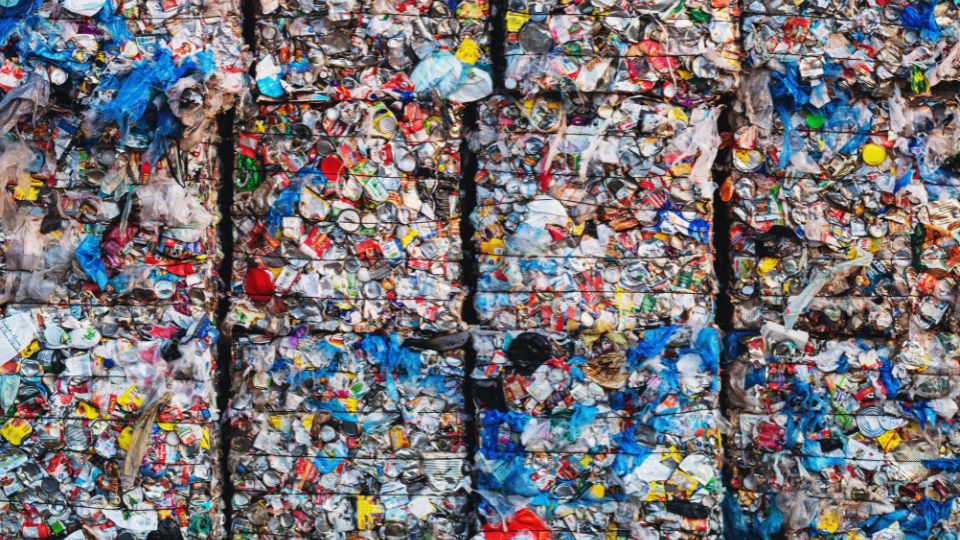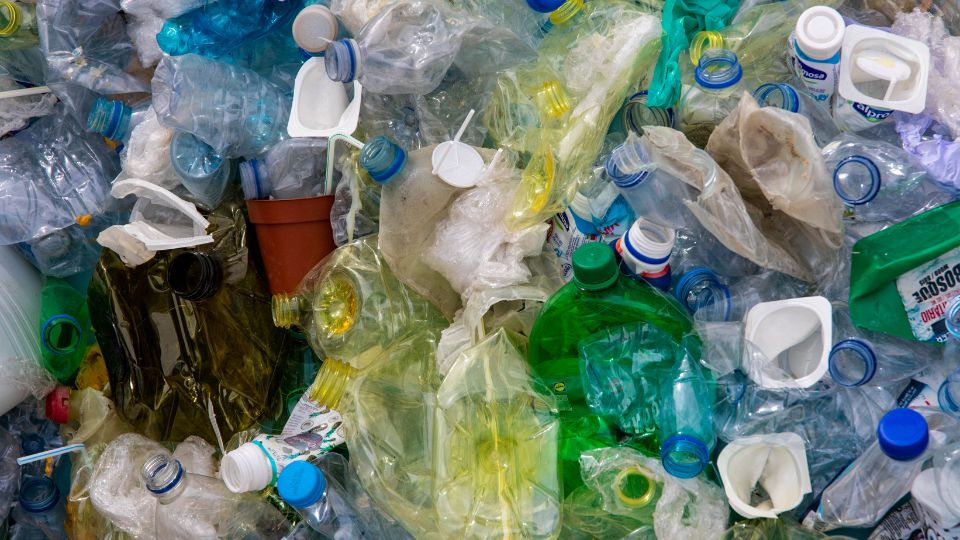
As of 5th September 2024, the world has reached Plastic Overshoot Day – a critical marker when the amount of plastic produced surpasses the global capacity to manage it effectively.
This serves as a wake-up call for businesses across the UK, particularly those invested in sustainability, to rethink their approach to plastic waste and step up efforts to create lasting change.
According to a report by Earth Action, the 220 million tonnes of plastic waste expected to be generated in 2024 represents a growing environmental crisis.
With each person, on average, generating 28kg of plastic waste globally, businesses play a significant role in contributing to this figure.
Worse yet, one-third of this plastic will be mismanaged, resulting in over 69 million tonnes of waste ending up in nature.

Why UK Businesses Should Care About Plastic Overshoot Day
UK businesses, particularly those in sectors reliant on plastics (packaging, manufacturing, and retail), have a responsibility to not only acknowledge this alarming trend but also take meaningful action.
The risks of inaction are vast:
- Environmental Impact:
Mismanaged plastic directly affects ecosystems, endangering wildlife and natural habitats.
Plastic waste in oceans, rivers, and forests threatens biodiversity and the future of natural resources that businesses and communities depend on.
- Reputation and Consumer Demand:
Sustainability is increasingly becoming a top priority for UK consumers.
More and more people are choosing to buy from companies with strong eco-credentials.
Businesses that ignore their plastic footprint risk falling behind in a competitive market that values transparency and responsibility.
- Profitability and Long-Term Growth:
Earth Action’s report highlights that the consequences of failing to address plastic waste are not limited to the environment.
For businesses, unsustainable practices lead to long-term financial costs, whether through regulatory penalties, loss of consumer trust, or increased operational expenses due to inefficiencies in waste management.

Key Findings from the Plastic Overshoot Day Report
The 2024 report shows alarming trends in plastic waste management:
- One-third of the world’s plastic waste is mismanaged.
- 66% of the global population lives in areas where plastic waste already exceeds local waste management capacity.
- Just 12 countries are responsible for 60% of the world’s mismanaged plastic waste, with top offenders like China, Russia, and Brazil.
However, even in the UK, the scale of plastic pollution demands urgent attention.
This year’s report also expands the analysis beyond just packaging waste to include plastic from textiles and household waste, indicating the widespread nature of the issue.

Steps UK Businesses Can Take
The time for UK businesses to take action is now.
The following steps can help reduce the plastic footprint and build a more sustainable future:
- Assess Your Plastic Footprint:
Many corporations and SMEs are beginning to account for their plastic use across the supply chain.
Understanding where plastic is used and wasted is the first step to reducing it.
- Instil Circularity:
Moving towards a circular economy – where materials are reused and recycled – can significantly cut down plastic waste.
By designing products and packaging with recycling in mind, businesses can drastically reduce their contribution to plastic pollution.
Read more on our own personal efforts to move to a circular economy at Waste Managed!
- Collaborate for Collective Change:
Tackling the plastic crisis cannot be done in isolation.
Businesses should work with industry leaders, regulators, and stakeholders to create a unified approach to sustainability.
Partnerships can lead to innovative solutions that benefit both businesses and the environment.
- Support the UN Global Plastics Treaty:
This year’s Plastic Overshoot Day lands ahead of the final round of negotiations in November 2024 for a UN Global Plastics Treaty, aimed at curtailing plastic production, banning harmful chemicals, and setting ambitious recycling targets.
Businesses that advocate for and align with the treaty can help drive global change and future-proof their operations.

The Path Ahead
Sarah Perreard, Co-CEO of Earth Action, aptly sums up the situation: “Plastic Overshoot Day should serve both as a testament to our current trajectory and as a blueprint for necessary action.”
In other words, businesses must take immediate and bold steps to change their relationship with plastic.
The choices made today will determine the health of our ecosystems and economies for generations to come.
For UK businesses committed to sustainability, the message is clear: the time to act is now.
Embracing circularity, reducing plastic waste, and supporting global regulatory efforts aren’t just about protecting the planet – they are about safeguarding future profitability and success.
By confronting the plastic crisis head-on, UK businesses can become part of the solution, creating a greener, more sustainable future for all.








